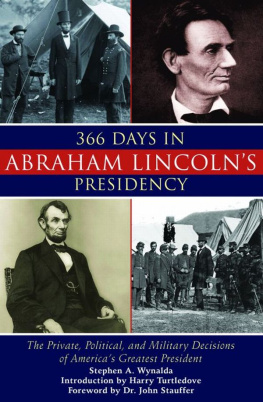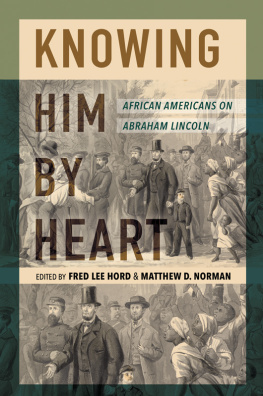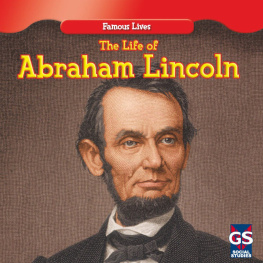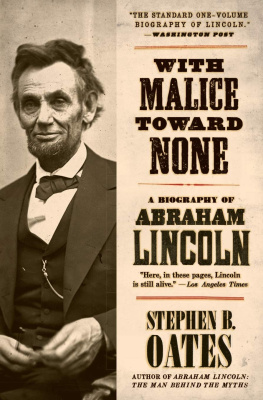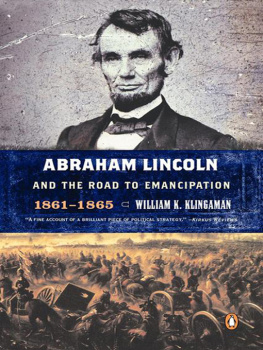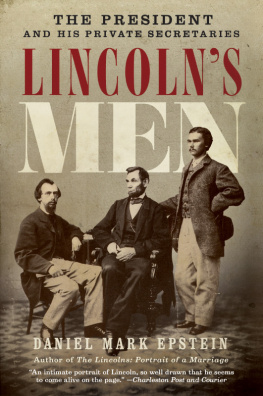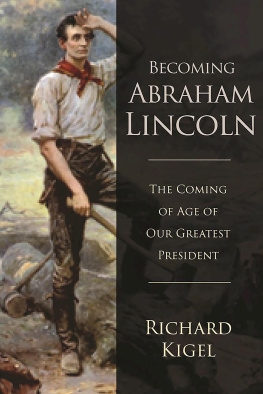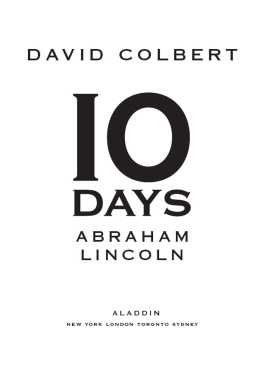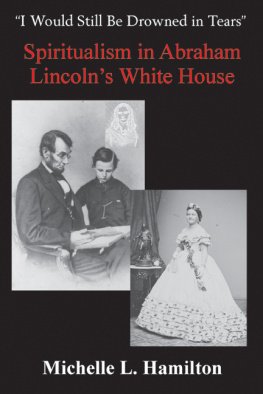Stephen A. Wynalda is a journalist, civil war buff, and freelance writer. His fiction has been nominated for the Pushcart Prize. He lives in Camby, Indiana.
Harry Turtledove has a doctorate in history from UCLA. He is the author of several scholarly articles and the translator of a Byzantine chronicle. He has taught at UCLA, Cal State Fullerton, and Cal State Los Angeles. He has been a fulltime writer since 1991. His work includes science fiction, fantasy, alternate history, and historical fiction. Among his novels are The Guns of the South, How Few Remain, Fort Pillow, and Sentry Peak, all of which deal in one way or another with the American Civil War and its aftermath. A lifelong Californian, he lives in Los Angeles. He is married to fellow author Laura Frankos. They have three daughters and the mandatory writers cat.

STEPHEN A. WYNALDA

A Herman Graf Book
SKYHORSE PUBLISHING
Copyright 2010 by Stephen A. Wynalda
All Rights Reserved. No part of this book may be reproduced in any manner without the express written consent of the publisher, except in the case of brief excerpts in critical reviews or articles. All inquiries should be addressed to Skyhorse Publishing, 555 Eighth Avenue, Suite 903, New York, NY 10018.
Skyhorse Publishing books may be purchased in bulk at special discounts for sales promotion, corporate gifts, fund-raising, or educational purposes. Special editions can also be created to specifications. For details, contact the Special Sales Department, Skyhorse Publishing, 555 Eighth Avenue, Suite 903, New York, NY 10018 or .
www.skyhorsepublishing.com
10 9 8 7 6 5 4 3 2 1
Library of Congress Cataloging-in-Publication Data
Wynalda, Stephen A.
366 days in Abraham Lincolns presidency : the private, political, and military decisions
of Americas greatest president / Stephen A. Wynalda.
p. cm.
A Herman Graf Book.
ISBN 978-1-60239-994-5
1. Lincoln, Abraham, 1809-1865Chronology. 2. United StatesPolitics and government1861-1865Chronology. I. Title. II. Title: Three hundred and sixty-six days in Abraham Lincolns Presidency.
E457.45.W96 2010
973.7092dc22
[B]
2009037876
Printed in the United States of America
Contents
Introduction
T he Civil War is the great choke point in American history. We are what we are todayfor better and for worsebecause of what did and didnt happen during those four crowded years from 1861 to 1865. As a writer and a historian, Ive looked at things that did happen and at things that might have happened in books like The Guns of the South, How Few Remain, and Fort Pillow, and in shorter pieces such as Must and Shall and The Last Reunion.
However, I was academically trained in the history of the Byzantine Empire. We know a surprising amount about the history of the Roman Empires eastern half which eclipsed the western half after the western half suffered political collapse. But theres even more that we dont know and probably never will. The historical process when working with material like that is to find a fact here and another fact there, and then infer how the two isolated pieces of data fit together.
When I started conducting research for The Guns of the South, I discovered that American Civil War history isnt like that. You arent starved for material; youre drowning in it. Even ephemeralike letters, cartoons, and newspaper articlessurvive and can be compared and analyzed. Most prominent Civil War figuresand plenty of obscure ones, toowrote their memoirs after the fighting stopped. The historical process here involves pulling a drop from the ocean of information in which youre drowning and demonstrating that its a representative drop.
As I write this, the beginning of the Civil War sesquicentennial is only a year away. Interest in the war and what it means to American history will surely grow, as it did during the observance of the Civil War centennial in the early 1960s. You would think that, in the century and a half since the guns fell silent, every possible thing to be said about the Civil War would have been said, and in every possible way, too. But you would be wrong.
In 366 Days in Abraham Lincolns Presidency, Stephen A. Wynalda has found a new perspective from which to examine the events of 18611865. Rather than chronicle President Lincolns actions over the course of a year, Wynalda discusses important moments within the context of Lincolns entire presidency.
Wynaldas first entry for 1863, for example, talks about January 1st, the day the Emancipation Proclamation went into effect, and therefore the day the whole moral nature of the Civil War changed. His first entry for 1865 looks at January 2nd and deals with the New Years Ball (January 1st was a Sunday, so the ball was held the following day). He describes how Washington, D.C.s black inhabitants went to the White House anxious about how they would be received, how Lincoln in turn welcomed them, and how overwhelmed they were by this. It reflects and comments on what had happened two years and a day before.
Moving chronologically in time as Wynalda does allows him to note something in one entry and, sometimes, comment upon its consequences later on. He is not simply a chronicler or an annalist like you find in Byzantine historiography; he is a historian and an analyst. A chronicler just writes things down: This happened, and then that happened, and then, over in this other place, that third thing happened. A historian puts things together and shows what they mean: This happened, and because it happened, two years later that other thing happened, a thing that would have been inconceivable unless the previous event had laid the groundwork for it.
So we get not only a year (including 1864s leap day) in the presidency of Abraham Lincoln, but a year taken from all of his presidency. And, thanks to Stephen Wynaldas extensive research and sympathetic understanding of his subject, we see Lincoln from an angle we never have seen before. Wynalda shows us how results spring from events, and does so in a novel way. My hats off to him in unabashed admiration.
Harry Turtledove, 2010
Foreword
A ccording to recent scholarship, the only historical figure more written about than Abraham Lincoln is Jesus Christ. In just the last quarter century, Lincolns political career, his marriage, his writing ability, his mental health, his friendships, and even his sexual orientation have been examined ad nauseam in books and articles. And yet many of these scholars and writers would admit that no one has a full grasp of exactly who Lincoln was. This is a difficult task, particularly because Lincoln left behind no diary or journal. Lincoln is an especially tough nut to crack. As Pulitzer Prizewinning author David Donald noted in We Are Lincoln Men, the sixteenth president had many acquaintances but few intimate friends, and none that saw every aspect of this complicated man. Moreover, one of Lincolns primary intimatesMary Lincolndid not write anything of length about the man she loved, and took her private knowledge of him to her grave.
Ive decided to address this problem from a new angle. The eighteenth-century Scottish literary theorist Hugh Blair wrote, It is from private life, from familiar, domestic, and seemingly trivial occurrences, that we most often receive light into the real character. If Blair was right, we might reveal more about Lincoln not just by chronicling how he steadied a wearied hand to sign the Emancipation Proclamation, but how his face brightened when he saw that a contingent of black Washingtoniansheretofore unwelcome in the White Househad come there simply to shake the hand of Marse Linkum. Perhaps it is just as revealing to see the father who wrote out a pretend pardon for his son Tads errant doll as it is the commander in chief who scoured thousands of courts-martial documents to find reasons to commute executions. We can see Lincoln weep not only at the death of his friend Edward Baker, but at the death of his son Willies pony.
Next page
